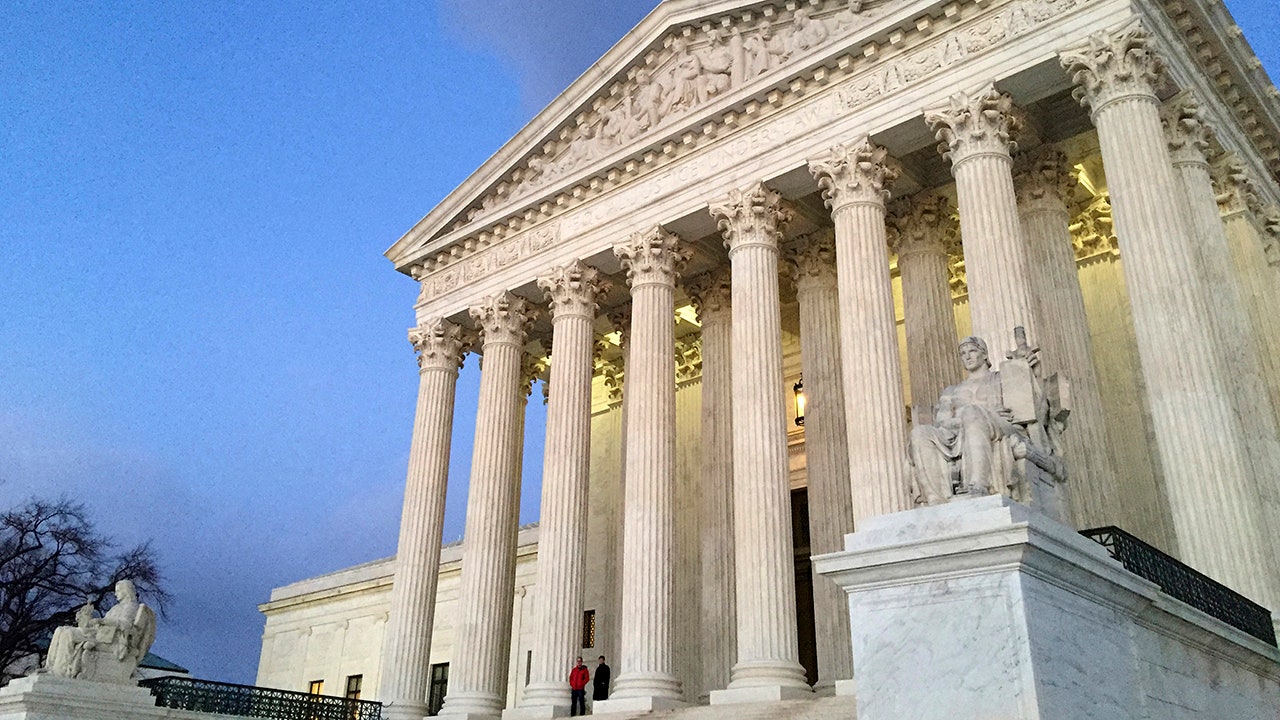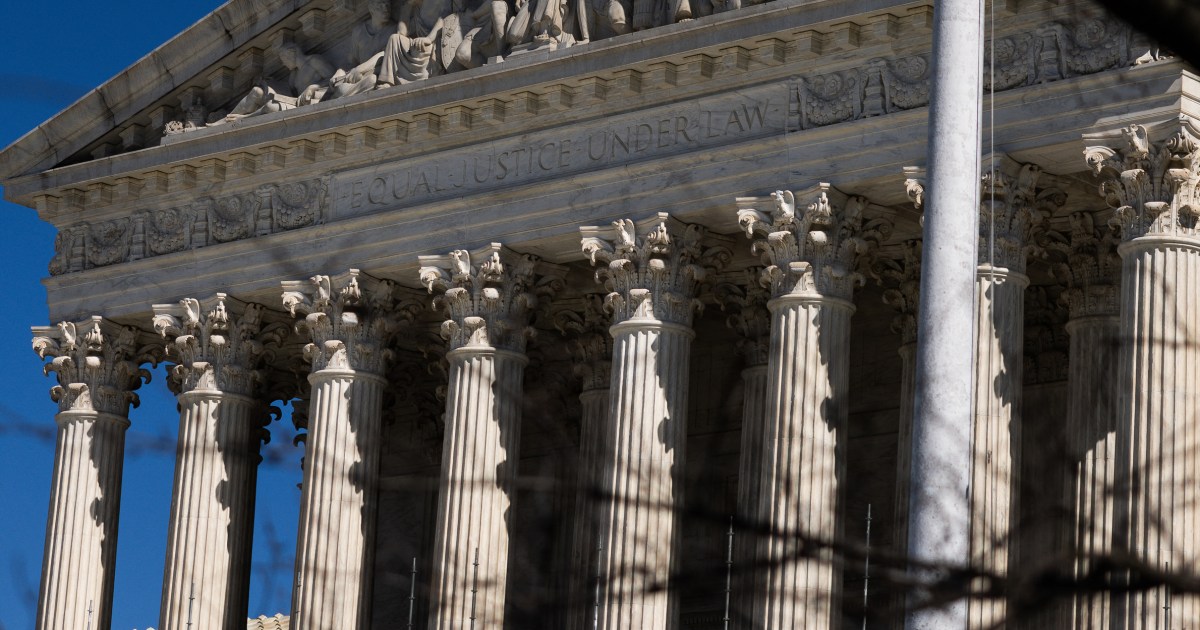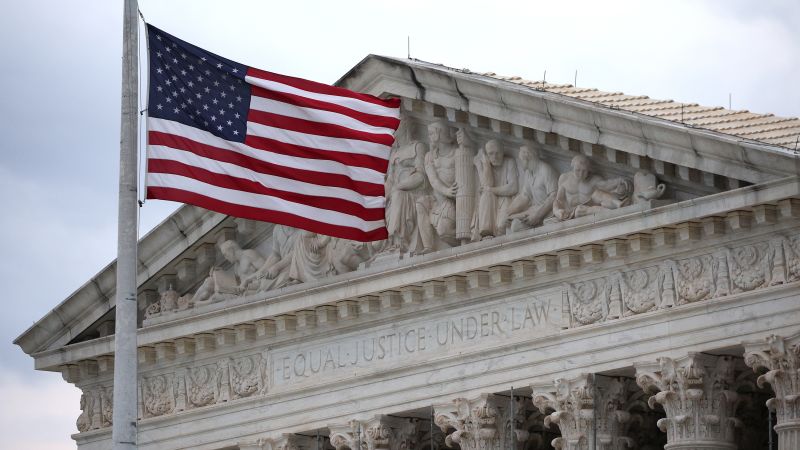Supreme Court Upholds Ban on Student's 'Two Genders' T-Shirt
The Supreme Court declined to hear a student's appeal regarding a T-shirt that stated there are only two genders, affirming a lower court's ruling.
Subscribe to unlock this story
We really don't like cutting you off, but you've reached your monthly limit. At just $5/month, subscriptions are how we keep this project going. Start your free 7-day trial today!
Get StartedHave an account? Sign in
Overview
The Supreme Court has rejected an appeal from a Massachusetts student, Liam Morrison, who was prohibited from wearing a T-shirt stating 'There are only two genders.' The court upheld a lower court's ruling that the shirt could disrupt the educational environment, particularly for transgender and gender-nonconforming students. Justices Alito and Thomas dissented, arguing that the case raises significant First Amendment concerns regarding student speech. The ruling aligns with previous decisions allowing schools to regulate speech that may demean others or disrupt learning.
Report issue

Read both sides in 5 minutes each day
Analysis
- The articles present a neutral tone on the Supreme Court's decision regarding student expression and free speech in schools.
- They highlight the tension between protecting students' feelings and upholding free speech rights, particularly for transgender individuals.
- Dissenting opinions express concern over viewpoint discrimination and the potential erosion of First Amendment protections in educational settings.
Articles (9)
Center (5)
FAQ
The Supreme Court declined to hear the appeal, upholding a lower court's ruling that allowed the school to ban Liam Morrison from wearing a T-shirt stating 'There are only two genders' because it could disrupt the educational environment.
The school banned the T-shirt because it believed the message could create an unsafe environment, particularly for transgender and gender-nonconforming students, as it was considered disrespectful.
Justices Clarence Thomas and Samuel Alito dissented, expressing concerns about the First Amendment implications of the ruling.
History
- This story does not have any previous versions.






